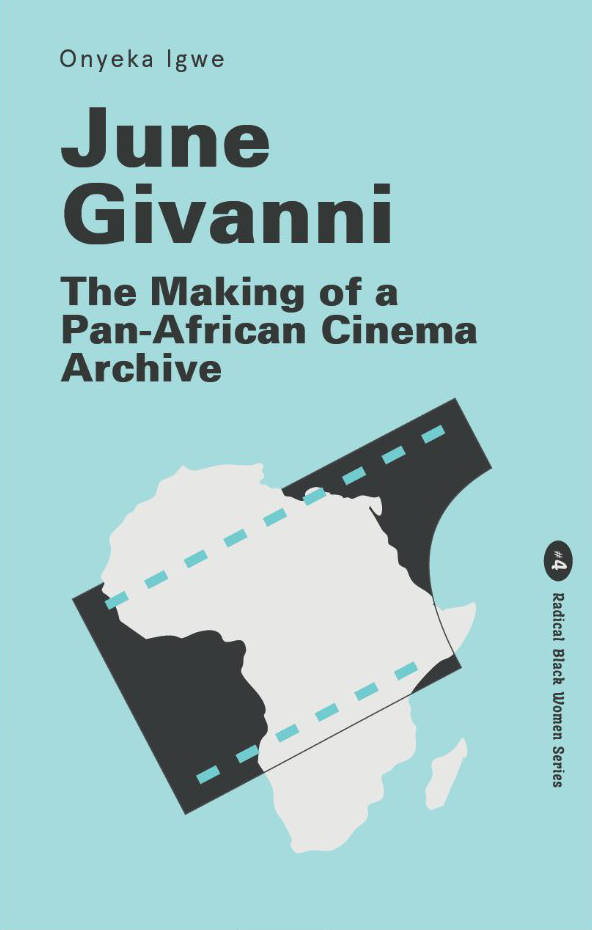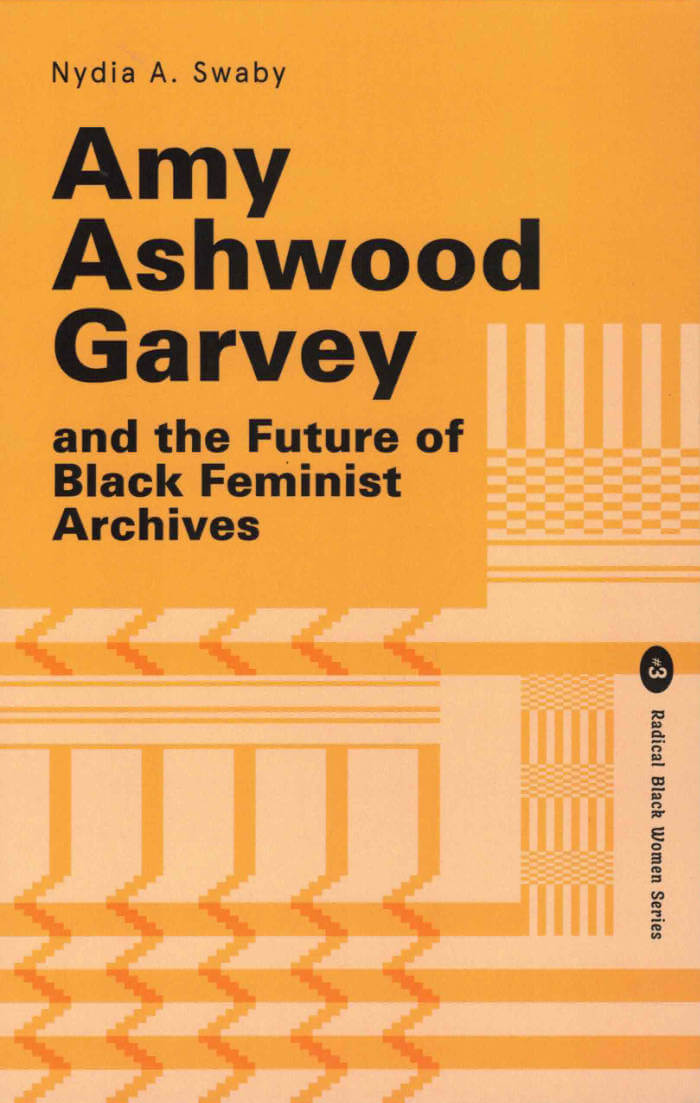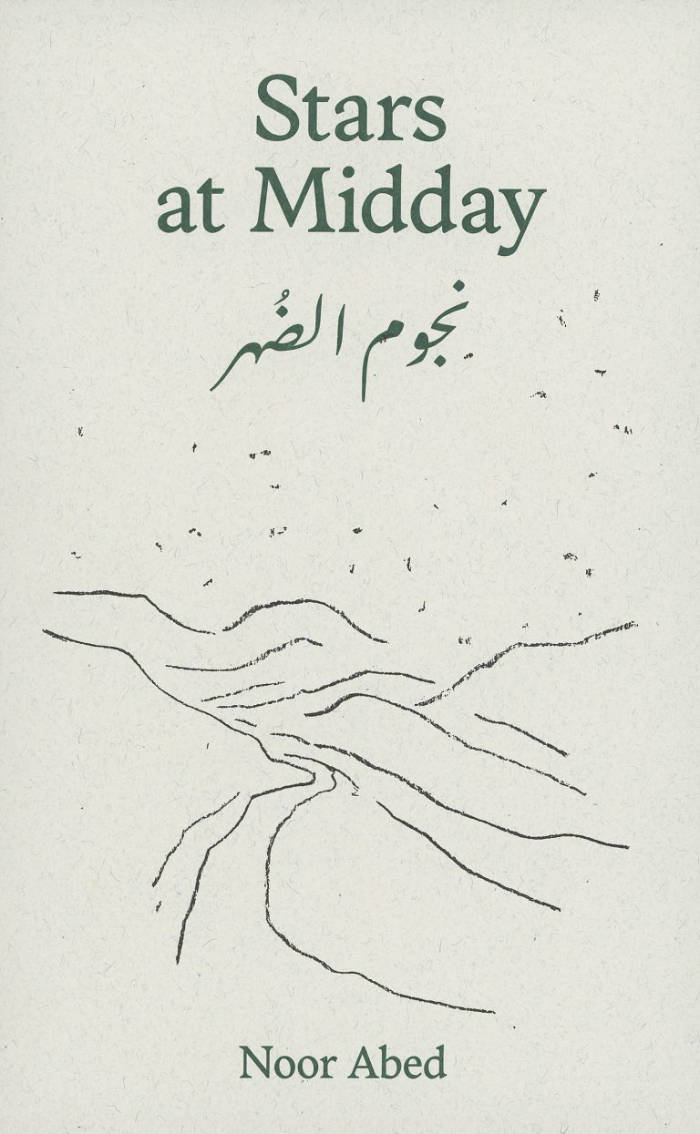
June Givanni: The Making of a Pan-African Cinema Archive
A journey through the archive of BAFTA award-winning curator and film programmer, June Givanni. This private collection made public contains thousands of films from across Africa, the Caribbean and the diaspora amassed in a career spanning more than forty years. Using oral history interviews and ephemera from four film festivals as her touchstones, author Onyeka Igwe offers a way to encounter Pan-African film through the archive.
The book starts with Third Eye, the film festival that propelled June into a career in Pan-African cinema. Through connections she made there, she travelled to FESPACO in 1985. Participating in the festival while Ouagadougou, Burkina Faso was under the leadership of revolutionary Thomas Sankara was a formative experience. In Ouagadougou she connected with film programmers Suzy Landau and Claire Andrade Watkins, who would take steps to organise Images Caraïbes, Fort de France, Martinique, 1988, and Celebration of Black Cinema, Boston, US.
Using original oral history research with June and other key figures in Pan-African and Black British cinema, Onyeka uncovers the important role that women festival organisers, programmers and cultural workers have played in Pan-African cinema history. She conceptualises June Givanni’s Pan-African Cinema Archive (JGPACA) as a feminist counter archive that foregrounds marginalised histories and proposes a radical approach to archiving itself. In tracing and naming the cinematic legacies that ground political filmmaking practices today, she preserves June’s work, knowledge and fervour for Pan African cinema for future generations.





